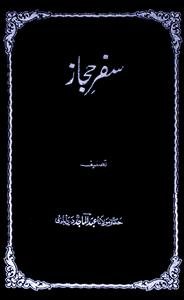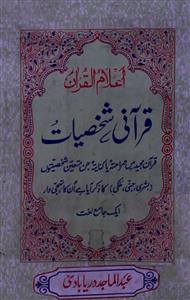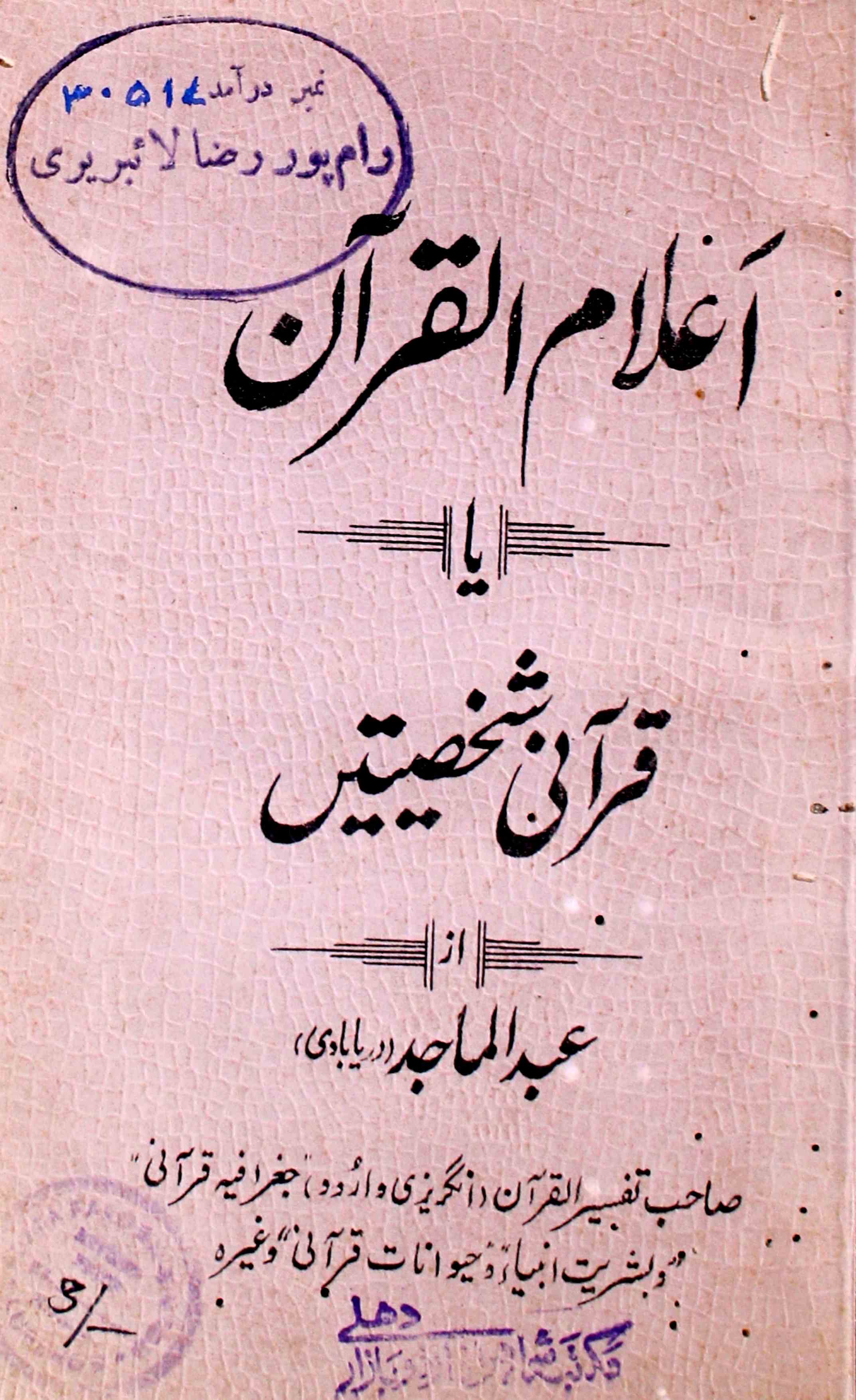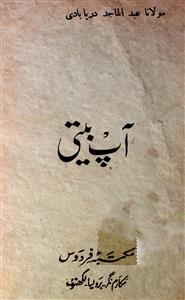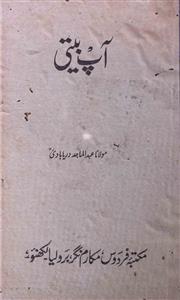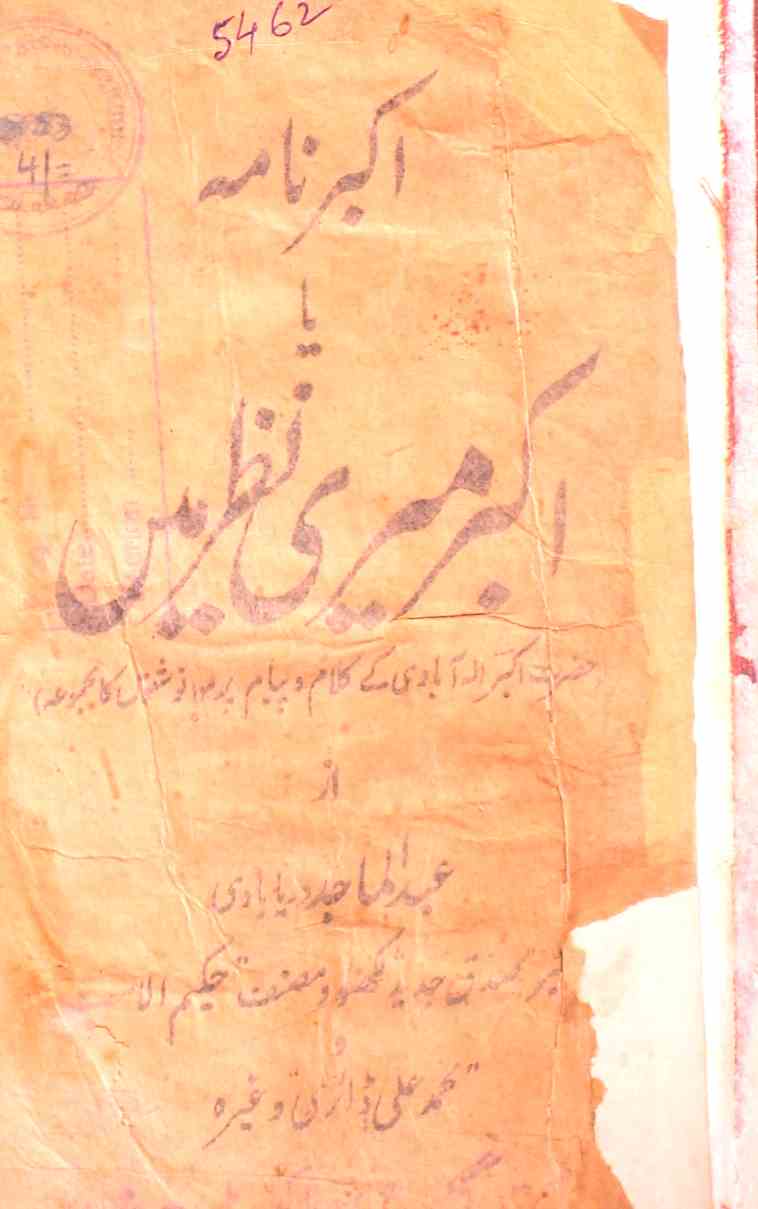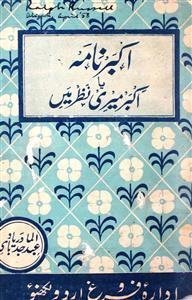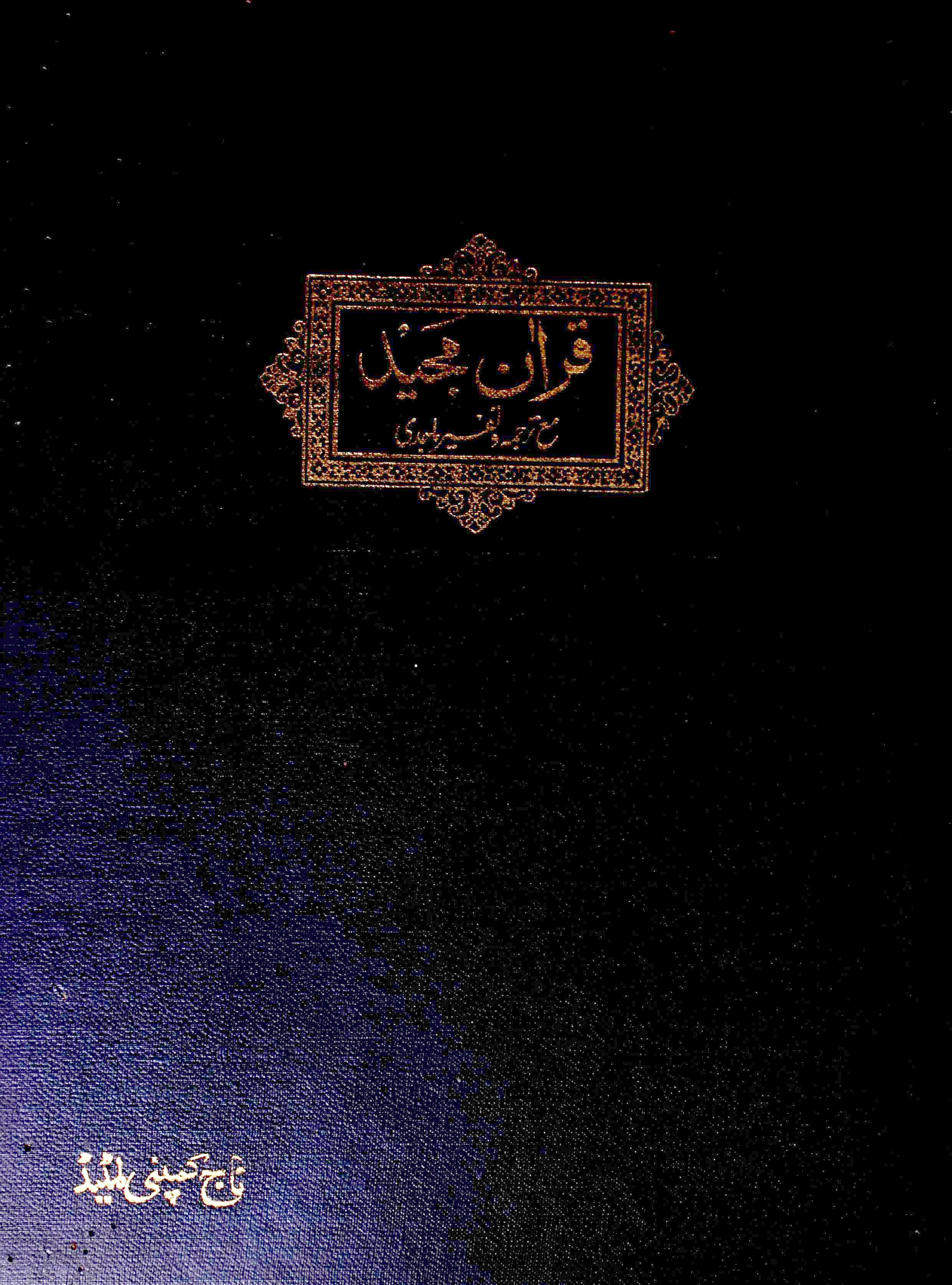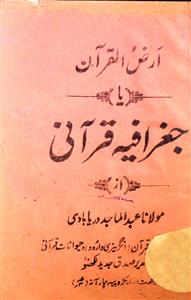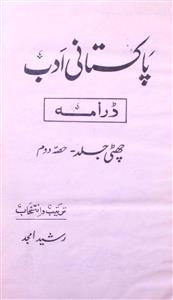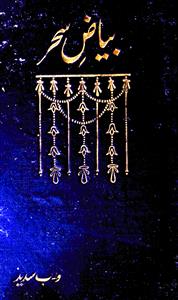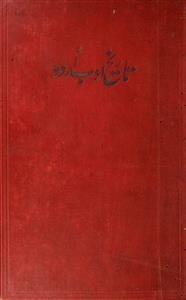 For any query/comment related to this ebook, please contact us at haidar.ali@rekhta.org
For any query/comment related to this ebook, please contact us at haidar.ali@rekhta.org
About The Book
مولانا عبد الماجد دریابادی نے اپنی زندگی میں متعدد سفر کسی خاص مقصد اور نیت سے کیے تھے انھوں نے اپنے ان تمام اسفار کی روداد بڑے دل چسپ انداز میں قلم بند کی ہے۔ان کے سفر نامے کافی معلومات افزا بھی ہوتے ہیں اور ادبی نقطہ نظر سے بھی بڑی اہمیت کے حامل ہوتے ہیں ۔زیر نظر کتاب"سفرحجاز"1929 میں مولانا نے حج کا سفر کیا تھا ۔اس کی دل کش روداد ہے۔ اولا یہ سفر نامہ ا ن کے ہفتہ وار رسالہ"سچ" میں قسط وار شائع ہوا۔ اس کے بعد کتابی شکل میں پیش کیا گیا۔
About The Author
Maulana Abdul Majeed Daryabadi is a famous writer and journalist of our time. Philosophy is his favorite subject. He also translated books on philosophy and wrote books himself. His style of writing was also viewed with respect.Abdul Majid was born in 1892 in Barabanki district of Daryabad. This is where elementary education took place. This is where elementary education took place. He learned Urdu, Persian and Arabic at home. Then he enrolled in a school in Sitapur and passed the matriculation examination. After that he went to Lucknow for higher education. His father was a deputy collector and the environment at home was conducive to higher education.From the earliest days of his student life, he developed a passion for reading. He also started writing essays from his student days. These articles were published in the good magazines of the time.
After the death of his father, earning a livelihood became his foremost concern. At first, he wanted to earn a living from essay writing, but he did not succeed. Then he turned to a job, but no job proved to be long lasting. Eventually, he moved to Hyderabad. There he gained fame in the academic circles by writing his famous book "Falsafa-e-Jazbaat". Up to that time very little had been written in Urdu on the subject of philosophy. He himself wrote books on the subject of philosophy and also translated some important books. Conversations Berkeley is his main achievement.
Maulana also showed his mettle in journalism. He edited several Urdu newspapers. Among them are Hamdam, Hamdard, Haqiqat. He also published his own newspaper under the name of "Sadiq".
Anyone who peruses his writings at once encounters Maulana’s command over the language. His translations seem so natural that they give the impression of true authorship. His language is simple, smooth and fluent. Despite this, there’s an effort to maintain the beauty of the language. Sometimes he uses colloquial language, sometimes he asks questions in the middle of the sentence and answers it, too.
 For any query/comment related to this ebook, please contact us at haidar.ali@rekhta.org
For any query/comment related to this ebook, please contact us at haidar.ali@rekhta.org
